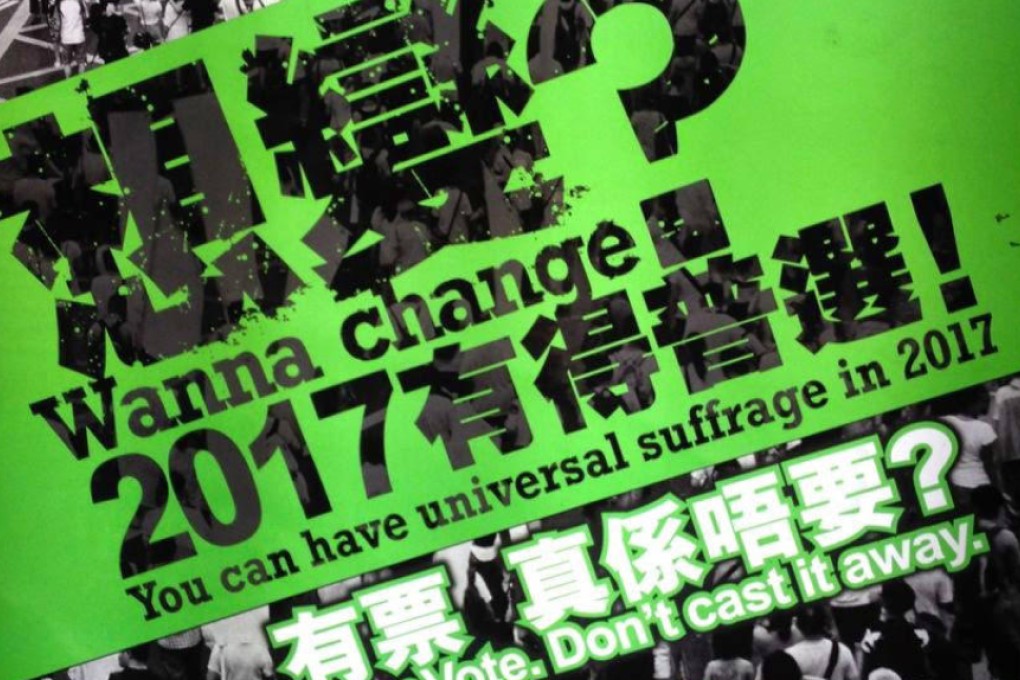Why Hong Kong can blame Soong May-ling for nanny-state attitude
Public service announcements have long been a source of social engineering worthy of both attention and derision, writes Jason Wordie

Public information announcements via television, radio or poster campaigns are frequent features of life in Hong Kong.
While many offer straightforward, nanny-like exhortations to “do this” or “not do that”, others contain subtle or more detailed messages about official intentions and broader policy agendas.
Public service announcements became widespread in China in the early 1930s and were mostly linked to the Nationalist government’s New Life Movement. This campaign derived from missionary- influenced notions of overall civic uplift and was spearheaded by Chiang Kai-shek’s powerful second wife, Soong May-ling.
The New Life Movement urged people to button their shirts, brush their teeth, refrain from public spitting and littering – and followed it all up with stiff fines designed to enforce changes in behaviour. Like many other generally positive social innovations during the Nationalist era, the New Life Movement was swallowed up by far more urgent priorities after the Japanese invasion of China in 1937.
After 1949, the Communists took these methods of social engineering to another level, and campaigns with political agendas became more pronounced throughout the 50s and 60s.
Reading between the lines on various campaigns became an art form. During this frightening smoke-and-mirrors period in China’s recent history, nothing – nothing – happened by chance.